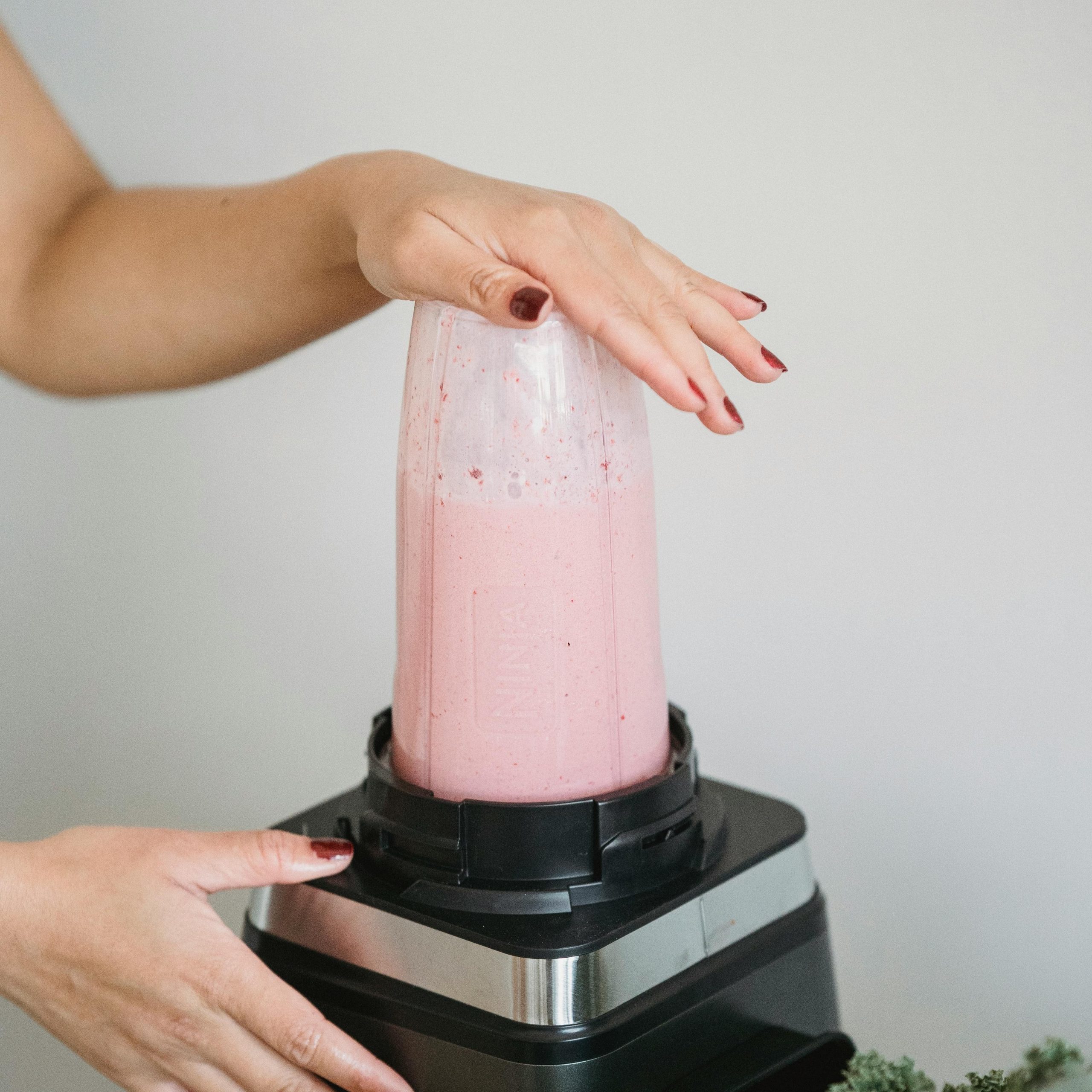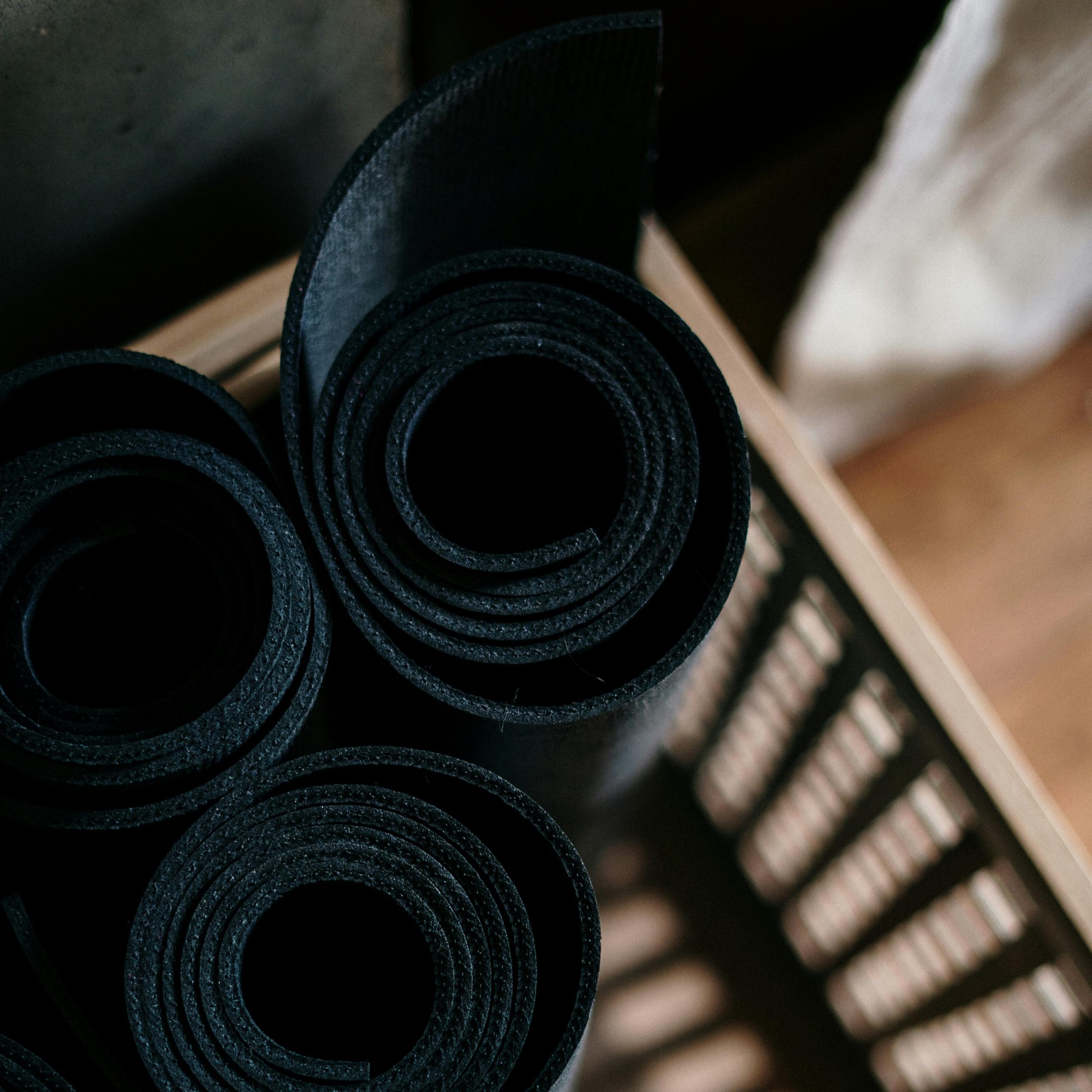Matcha Wellness
Embrace a healthier lifestyle.
Your Path to Stress-Free Living, Gut Health, and Immune Strength
Free Check In Tool
About Matchalatte Wellness
Our team, led by a highly trained health coach and supported by experts educated through prestigious programs like those at Harvard University, brings a wealth of experience from working with clients in both the U.S. and Australia.
We create personalized wellness plans tailored to your unique needs, whether you’re an individual seeking better health or a company aiming to improve employee wellness.
Our Services
Our services go beyond just wellness; they’re designed to transform your life. We work with you to create a path toward better health, so you can feel more energized, balanced, and resilient without overwhelming your schedule.
Send a Message
Get in touch with us
We look forward to connecting with you and discussing your wellness goals.
Phone Number
+62816888243 ( Whatsapp Only )
Social Media
News
As immune health becomes a major focus in today’s world, vitamin D has gained attention beyond its traditional role in bone health. Often called the “sunshine vitamin,” vitamin D also plays a vital role in regulating the immune system.
But here’s the real question: Is sunlight enough to meet our vitamin D needs? Let’s dive in.
What is Vitamin D?
Vitamin D is a fat-soluble vitamin produced by the skin when exposed to ultraviolet B (UVB) rays from the sun. Once metabolized into its active form, calcitriol, it plays a crucial role in supporting the immune system by:
- Enhancing immune cell function (e.g., T cells, macrophages)
- Regulating the body’s inflammatory response
- Strengthening defense against viruses and bacteria
A growing body of research links vitamin D deficiency to:
- Increased risk of respiratory infections
- Higher levels of chronic inflammation
- Greater susceptibility to autoimmune diseases
Based on research, the evidence of a link between vitamin D deficiency and adverse outcomes is overwhelming, it clearly points towards avoidance of vitamin D deficiency. “Vitamin D deficiency is associated with increased susceptibility to infection.”– Martineau et al., 2017 (BMJ)
So, Is Sunlight Enough?
In theory, sunlight exposure can generate sufficient vitamin D. However, several factors limit this natural production:
- Geographic location (living far from the equator)
- Time of day & season (UVB is strongest between 10 am–2 pm)
- Sunscreen use
- Darker skin tone (requires longer exposure)
- Indoor lifestyle
These realities mean that not everyone can rely solely on the sun to meet their vitamin D needs. In addition to sunlight, you can get vitamin D from:
- Foods: fatty fish (salmon, mackerel), egg yolks, beef liver
- Fortified foods: milk, cereals, margarine
- Supplements: recommended for individuals at high risk of deficiency
Sunlight is important, but not always sufficient. To support your immune system effectively, you should:
- Get safe sun exposure regularly
- Eat vitamin D-rich foods
- Consider supplementation if needed (consult a healthcare provider)
In immune health, balance is everything — nourish your defenses from within and outside.
When we talk about immune health, many people immediately think of vitamins or exercise. However, there is a “hidden hero” within our bodies that plays an equally crucial role: the gut microbiome. The gut microbiome refers to the community of trillions of microorganisms — including bacteria, viruses, and fungi — that live in our digestive tract. These microorganisms are not passive residents; they actively shape and support our immune system.
Microbiome: The “Trainer” of the Immune System.
From birth, the gut microbiome helps educate the immune system to distinguish between “friend” and “foe.” It teaches our body to:
- Tolerate harmless substances like food.
- Attack harmful pathogens such as viruses and disease-causing bacteria.
The gut microbiome also plays a crucial role in regulating inflammation, the body’s immune response to threats. When the microbiome balance is disrupted (a condition known as dysbiosis), it can lead to excessive inflammation and an increased risk of autoimmune diseases, allergies, and chronic infections.
Important Fact:
Approximately 70–80% of the human immune cells are located in the gut tissue, particularly in the gut-associated lymphoid tissue (GALT). This highlights how integral gut health is to overall immune function.
What Damages the Gut Microbiome?
Several factors can harm the balance of the gut microbiota, including:
- Diets high in sugar and low in fiber.
- Overuse of antibiotics.
- Lack of sleep and chronic stress.
- Limited exposure to natural environments.
How to Support and Strengthen the Microbiome
To maintain a healthy gut microbiome and an optimal immune system:
- Increase intake of prebiotic foods like garlic, bananas, and asparagus.
- Consume fermented foods such as yogurt, kefir, kimchi, and tempeh.
- Limit antibiotic use to when absolutely necessary.
- Stay active and manage stress through physical activity and relaxation techniques.
The gut microbiome is not just a passive resident of our bodies but a vital partner in maintaining immune defense. By supporting a balanced microbiome through healthy eating and lifestyle habits, we can naturally strengthen our immune system and enhance overall wellness.
Stress is an unavoidable part of life, and it can come from many different sources—work pressures, personal challenges, or even positive life changes. While stress is a natural response, it can become overwhelming when not managed properly. One of the most effective ways to reduce stress is through light exercise. Physical activity not only benefits the body but also has a profound impact on mental well-being, helping to alleviate stress and improve mood.
Why Does Exercise Help Reduce Stress?
When we experience stress, our body releases hormones such as adrenaline and cortisol—the body’s natural response to perceived threats. This “fight or flight” response is helpful in short bursts, but chronic stress can lead to harmful effects on the body, such as increased blood pressure, digestive issues, and weakened immune function.
Light exercise helps counteract these negative effects by releasing endorphins, often referred to as “feel-good” hormones. These endorphins help reduce pain and improve mood, giving us a sense of well-being. Moreover, light exercise, such as walking, yoga, or cycling, can reduce muscle tension and calm the restless mind, offering an immediate relief from stress.
Types of Light Exercise That Help Combat Stress
- Walking
Taking a brisk walk outdoors, especially in nature, can provide an incredibly calming effect. Walking not only improves circulation and cardiovascular health, but it also gives the mind a chance to slow down, reflect, and focus on the present moment. Try walking for 15-30 minutes each day and experience the benefits of reduced stress and improved mood. - Yoga and Pilates
Yoga and Pilates combine gentle movements with deep breathing techniques. Both forms of exercise are highly effective for reducing stress as they help improve flexibility, alleviate muscle tension, and focus the mind. Yoga, especially practices like Hatha Yoga and Vinyasa, has been shown to lower anxiety levels and enhance sleep quality. - Cycling
Cycling is a low-impact cardiovascular exercise that can be both fun and relaxing. Cycling outdoors gives you the opportunity to immerse yourself in the environment, helping you momentarily escape the stresses of daily life. Cycling for 20-30 minutes can effectively reduce stress and improve your overall mood.
Additional Psychological Benefits of Light Exercise
Besides reducing stress, light exercise offers several other psychological benefits, including:
- Improved Sleep Quality: Regular physical activity can improve sleep patterns, helping you feel more rested and energized.
- Increased Self-Esteem: Engaging in physical activity makes you feel stronger and healthier, boosting confidence and self-worth.
- Reduced Anxiety and Depression: Studies have shown that exercise is an effective treatment for reducing symptoms of anxiety and depression, sometimes even acting as a natural alternative to medication.
Light exercise is not just for maintaining physical fitness but also plays a crucial role in calming the mind and reducing stress. By incorporating simple and enjoyable physical activities into your daily routine, you can combat the harmful effects of stress and improve your overall quality of life. So, start moving today and experience the positive changes for both your body and mind!
Why Choose Us?
Simple, Personalized Wellness:
Our approach is straightforward and customized to your unique needs.
Ongoing Support:
Access coaching, resources, and tools to stay on track and see results.
Easy-to-Follow: No complex plans or overwhelming changes—just simple, effective wellness solutions.
Be Healthy
Quisque ac feugiat mi, at sollicitudin mi. Mauris vitae tincidunt urna, at hendrerit magna. Donec vitae lacus vel nisi laoreet interdum.
Linda Watson
Customer
Be Healthy
Quisque ac feugiat mi, at sollicitudin mi. Mauris vitae tincidunt urna, at hendrerit magna. Donec vitae lacus vel nisi laoreet interdum.
Linda Watson
Customer
Be Healthy
Quisque ac feugiat mi, at sollicitudin mi. Mauris vitae tincidunt urna, at hendrerit magna. Donec vitae lacus vel nisi laoreet interdum.
Linda Watson
Customer
Be Healthy
Quisque ac feugiat mi, at sollicitudin mi. Mauris vitae tincidunt urna, at hendrerit magna. Donec vitae lacus vel nisi laoreet interdum.
Linda Watson
Customer
Be Healthy
Quisque ac feugiat mi, at sollicitudin mi. Mauris vitae tincidunt urna, at hendrerit magna. Donec vitae lacus vel nisi laoreet interdum.
Linda Watson
Customer
Be Healthy
Quisque ac feugiat mi, at sollicitudin mi. Mauris vitae tincidunt urna, at hendrerit magna. Donec vitae lacus vel nisi laoreet interdum.
Linda Watson
Customer



